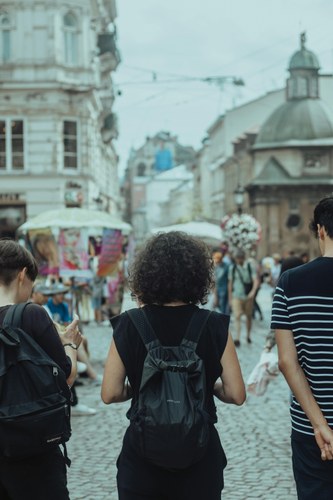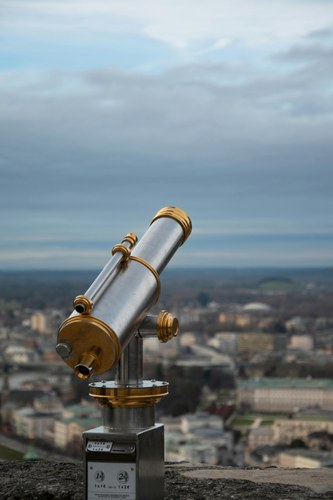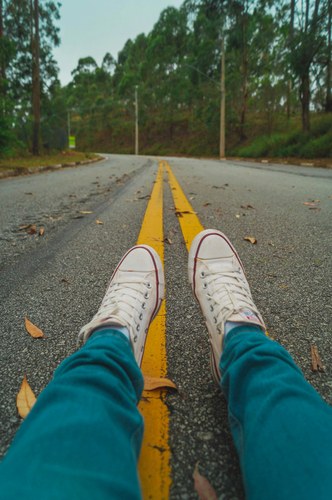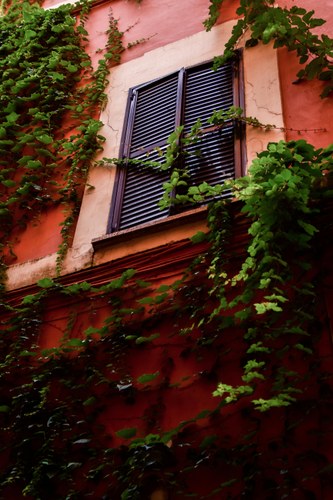Project

Description
The Walking Landscapes of Urban Cultures project (WALC) - (funded by the PRIN PNRR 2022 call: Project Code P2022X5L8B - CUP J53D23016550001) aims to analyse walking as a cultural practice and as a contemporary intangible heritage. Mobility on foot constitutes the privileged tool for rethinking urban space and stimulating new narratives of the territory. But it is also an alternative mode of observation, capable of reflecting in a more immersive way on the conformations of cities, on social and climate changes, and on the creation of communities.
Through an transdisciplinary approach that brings together literature, geography and sociology, we intend to investigate the impact of the practice of walking on urban culture and also formulate a new proposal for urban, alternative and unconventional itineraries, which can become a social practice of knowledge, co-production, community creation and cohabitation. The performative research method applied to urban walking will allow the remapping of spaces and the writing of counternarratives, not only in individual and self-reflexive ways, but above all in participatory, collective and social sense.

Goals
How we move through the city radically modify the subjective perception of urban space. In a context such as the contemporary one in which the use of the car or public transport prevails, the choice to move on foot can rightly be considered an ethical and political act, implying a new experience of places and a different relationship with the territory and the communities.
The WALC project intends to formulate a rebel idea of crossing, promoting walking, the identification of new routes, the exploration of environments, as essential tools for reflecting on the urban conformation and stimulating active and aware citizenship. The proposed itineraries will allow not only to open new perspectives on the city, but also to reclaim spaces, through the sharing of bodies and stories. The pedestrian paths will function as a route for new urban narratives that will be created along the way through the narration of places and the sharing of stories. The main objective of the WALC project is therefore the composition of narrative maps and non-stereotypical routes to build a model of intangible heritage to be enhanced in the current social and environmental context.

Activities
The WALC project adopts a transdisciplinary methodology and it consists of three specialized research units.
RU1, related to the University of Bologna and coordinated by Filippo Milani, will offer a literary perspective and will use the story both as a performative practice, proposing narrative texts as travel guides, and as an object of study, analysing the stories that the participants will write starting from their perceptions of the city. The methodological approach will include creative writing workshops and practices, through collaboration with writer-walkers.
RU2, related to the University of Padua and coordinated by Giada Peterle, will contribute to the research from a geocritical perspective. In the analysis of urban mobilities, it will promote a collaboration between art and geography to explore walking as a creative method, and will propose a reflection on the ways in which urban cultures can be shaped and re-signified through creative and narrative practices.
RU3, related to the University of Milano Bicocca and coordinated by Luca Daconto, will use social research methodologies such as audits, focus groups and interviews. The study will focus on the environmental, social and behavioral dimensions related to urban walking, paying particular attention to the planning of inclusive and walkable cities through the involvement of policy makers, stakeholders, and citizens.

Impact and Dissemination
The WALC project is designed to bring urban cultures to the center of international socio-political debate. The team firmly believes that a humanistic approach is fundamental to address the challenges of Europe's present and future, in order to explore the most pressing cultural issues through a combination of hermeneutic approaches.
For this reason, the results of the project will include both traditional research outputs (academic publications, edited collections, colloquia and seminars) and creative research outputs aimed at engaging stakeholders and non-academic audiences of different ages (public events, graphic and creative publications, comics, exhibitions, walkshops). Furthermore, an interdisciplinary national and international network will be consolidated which will bring together not only scholars from all the disciplines involved in the project, but also writers, artists and practitioners.
Finally, WALC will contribute to the achievement of some of the Sustainable Development Goals, adopted by all United Nations Member States in 2015. In particular Goal 4 (Quality Education), Goal 5 (Gender Equality), Goal 11 (Sustainable Cities and Communities), Goal 17 (Partnership for the Goals).